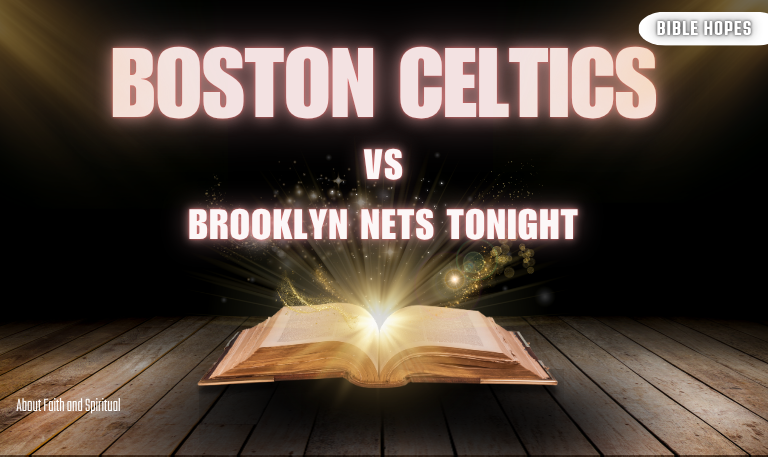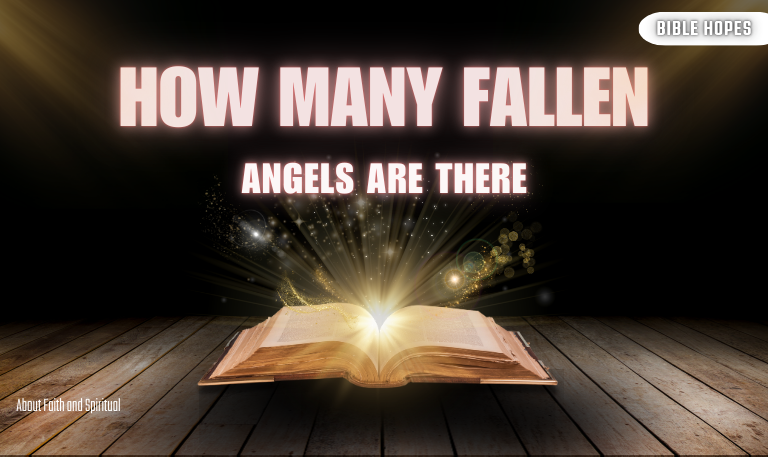The question of who owns the copyright to the Bible has been a subject of discussion, debate, and confusion for many years. As one of the most influential texts in the world, The Bible is unique in the way it has been reproduced, translated, and distributed over the centuries. Whether you’re reading it for religious purposes, academic study, or personal interest, understanding the legal and ethical implications surrounding Bible copyright ownership is essential.
The History of The Bible’s Copyright
Before we address the modern question of copyright, it’s essential to understand the history of The Bible’s ownership and distribution. The Bible, as a sacred text, has been around for thousands of years, originally written in Hebrew, Greek, and Aramaic. Over time, it was translated into various languages, and with the advent of printing technology, The Bible became widely distributed across the globe.
Read Also: Delayed Prayers
Early Manuscripts and Translations
The first known translations of the Bible began as early as the 3rd century BCE with the Septuagint, a Greek translation of the Hebrew Bible. Over time, other versions emerged, such as the Vulgate (Latin), and the Wycliffe Bible (14th century). These early manuscripts, created by hand, had no formal copyright, as the concept of copyright laws did not exist during that time.
The Gutenberg Bible, printed in the 1450s, marked the beginning of The Bible’s mass production. Since then, various editions and translations of The Bible have been printed and distributed worldwide.
The Advent of Copyright Laws
The modern copyright system, as we know it today, emerged in the 18th century, particularly with the Statute of Anne in 1710 in Britain. This law recognized authors’ rights to their work, granting them exclusive rights to copy, publish, and distribute their creations. However, at this time, The Bible itself was already in circulation in many languages and editions, which complicated the issue of ownership.
In many countries, including the United States, The Bible itself is not copyrighted due to its age and public domain status. However, modern translations of The Bible may be copyrighted by the translators or publishers.
Who Owns the Copyright to The Bible?
Now that we’ve established the history of The Bible and the birth of copyright laws, let’s address the central question: Who owns the copyright to The Bible?
Public Domain Status of The Bible
Many versions of The Bible, especially the King James Version (KJV), are in the public domain. The KJV, first published in 1611, has no copyright restrictions, meaning that anyone can freely print, distribute, or adapt it without seeking permission.
The KJV Bible: As one of the most widely used versions of The Bible, the King James Version is in the public domain. No publisher or individual owns the copyright to this version, and it can be freely reproduced, adapted, and distributed.
Public Domain Translations: Other historical translations, such as the Wycliffe Bible and Tyndale Bible, are also in the public domain due to their age.
However, as we’ll see, modern Bible translations are often copyrighted.
Modern Bible Translations and Copyright Ownership
While older translations of The Bible remain in the public domain, newer translations are subject to modern copyright laws. Publishers and translators of these newer versions of The Bible hold the copyrights for their translations. The ownership of these copyrights can vary depending on the version, the translator, and the publisher.
Examples of Modern Bible Translations and Their Copyrights:
New International Version (NIV):
The NIV is one of the most widely used translations of The Bible today. It was first published in 1978 by the International Bible Society (now known as Biblica). The copyright for the NIV is owned by Zondervan and Biblica.
English Standard Version (ESV):
The ESV translation, published by Crossway in 2001, is also copyrighted. Crossway holds the rights to this translation.
New Living Translation (NLT):
The NLT, a more contemporary translation of The Bible, was first published by Tyndale House Publishers. The copyright for this version is held by Tyndale.
The Message:
The Message is a paraphrased Bible translation created by Eugene Peterson. It is copyrighted by NavPress, the publisher.
These translations are copyrighted because they involve significant translation work, and the publishers or translators hold exclusive rights to reproduce, distribute, and license the translations.
Read Also: Is Magic Real
The Bible and Public Domain
As we’ve discussed, many older versions of The Bible are in the public domain, which means that anyone can reproduce or adapt them without seeking permission. The public domain status of The Bible is significant because it allows for easy access to the text and its widespread use in various formats, including print, digital, and audio.
What Does Public Domain Mean for Bible Users?
For individuals or organizations who wish to use public domain translations of The Bible (like the KJV), there are no restrictions on distribution, modification, or reproduction. Whether you’re printing your own copies, publishing an online Bible, or creating a study guide, you are free to use these texts.
However, modern translations are still subject to copyright restrictions. For example, if you wish to quote a large passage from the NIV, you’ll need to seek permission from Zondervan or pay a licensing fee.
Can You Modify or Create New Versions of The Bible?
Modifying a public domain Bible translation, like the KJV, is generally permissible. You can create a new edition, add commentary, or translate the text into another language. However, if you modify a copyrighted version (like the NIV), you would need permission from the copyright holder.
Read AlsO: Bible vs Quran
Legal and Ethical Issues Surrounding Bible Copyrights
The issue of Bible copyright ownership raises not only legal concerns but also ethical questions. Many argue that it seems contrary to the spirit of a sacred text to impose copyright restrictions on it. So, let’s examine the key ethical and legal debates surrounding Bible copyrights.
Ethical Concerns
Profiting from Sacred Texts: One of the ethical concerns is the idea that publishers profit from a religious text that has been considered sacred for millennia. Many believers and religious organizations feel that the Bible, as a foundational religious text, should not be commodified.
Access to The Bible: Another ethical consideration is whether the copyrighting of modern Bible translations limits access to the text. Some argue that by imposing copyright fees, publishers restrict people from freely accessing The Bible, especially in impoverished regions.
Legal Challenges
Bible Translation Lawsuits: Some legal disputes have occurred over who has the right to create new Bible translations and versions. One example is the conflict over the New World Translation of the Bible, which is used by Jehovah’s Witnesses and has sparked various legal challenges over its copyright.
Digital Bible Rights: With the rise of digital formats and Bible apps, new legal challenges arise. For example, Bible apps that use copyrighted translations are subject to licensing fees and legal restrictions, adding complexity to the digital distribution of The Bible.
Read AlsO: Allah vs God
Who Owns the Copyright to the Bible FAQs
Q: Is The Bible copyrighted?
A: The Bible itself, particularly older versions like the King James Version (KJV), is in the public domain. However, modern translations such as the New International Version (NIV) or English Standard Version (ESV) are copyrighted by their publishers.
Q: Can I freely distribute The Bible?
A: You can freely distribute public domain versions of The Bible (e.g., KJV). However, if you plan to distribute a copyrighted translation, like the NIV or NLT, you’ll need to get permission or pay licensing fees.
Q: Who owns the copyright to the King James Bible?
A: The King James Version is in the public domain, meaning no one holds the copyright to this version. You can freely distribute it, modify it, and use it for personal or commercial purposes.
Q: Can I create a new translation of The Bible?
A: You can create a new translation of The Bible if you work with the original languages and create a unique version. However, you cannot simply modify a copyrighted version (e.g., NIV) without permission.
Q: Are there any Bible versions that are completely free to use?
A: Yes, many older translations like the King James Version (KJV) are free to use because they are in the public domain.
Conclusion
In conclusion, the ownership of The Bible’s copyright is complex and varies depending on the version you are dealing with. Many of the older translations, such as the King James Version, remain in the public domain, allowing anyone to use, distribute, and modify them freely. However, modern translations, such as the NIV, ESV, and NLT, are copyrighted, with the rights held by their respective publishers.
![Who Owns the Copyright to the Bible? [2025 Easy Guide] 1 Who-Owns-the-Copyright-to-the-Bible-[2025-Easy-Guide]](https://biblehopes.com/wp-content/uploads/2025/06/Who-Owns-the-Copyright-to-the-Bible-2025-Easy-Guide.png)


![15 Pink Bible Verses | Discover Meaning, Love [2025 Guide] 5 15-Pink-Bible-Verses-Discover-Meaning,-Love-[2025-Guide]](https://biblehopes.com/wp-content/uploads/2025/05/15-Pink-Bible-Verses-Discover-Meaning-Love-2025-Guide.png)